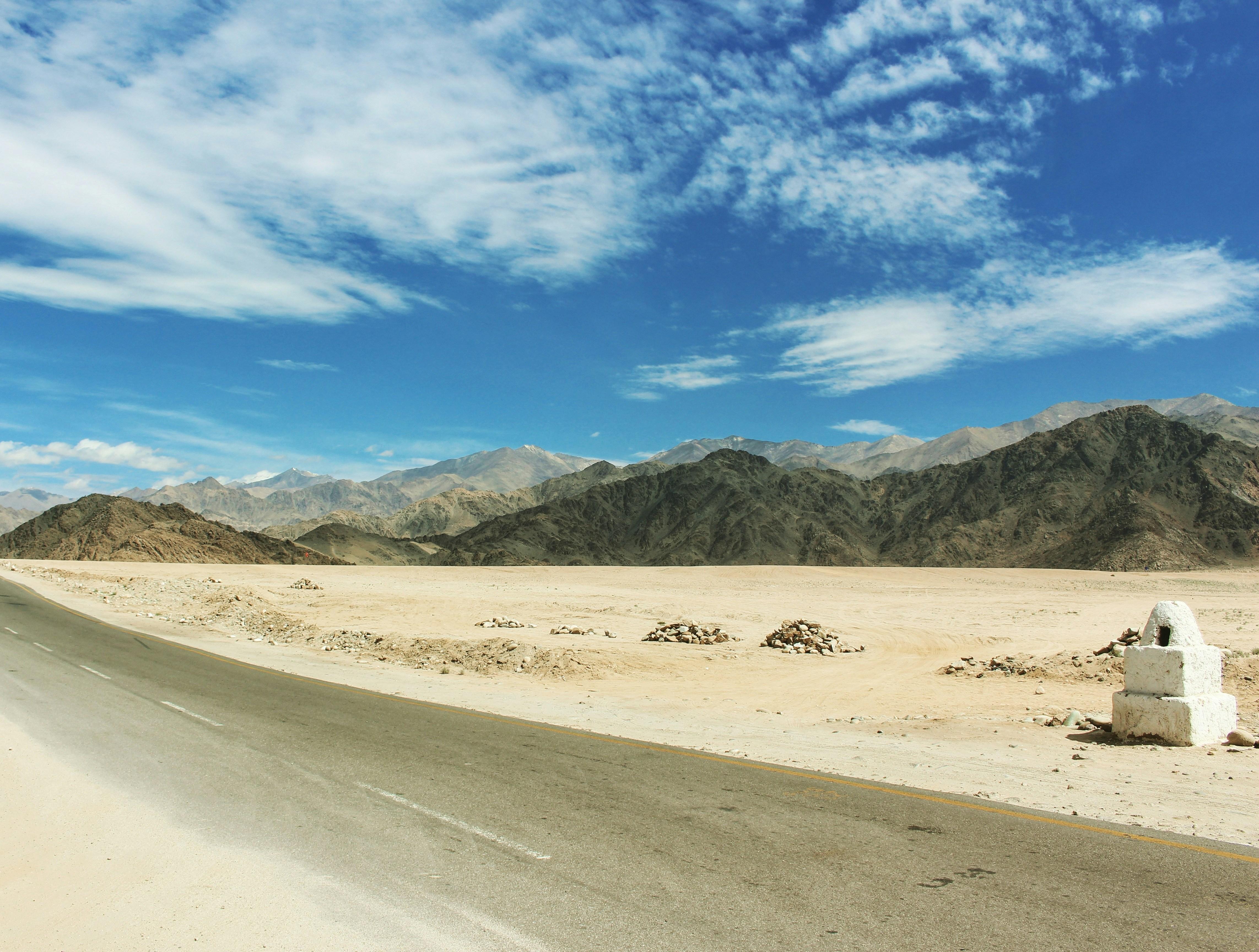In isolation-in-the-road-by-cormac-mccarthy/” title=”Themes of isolation in The Road by Cormac McCarthy”>Cormac McCarthy‘s haunting novel The Road, the theme of isolation permeates the narrative, serving as a profound symbol that underscores the desolation and existential challenges faced by its characters. Set against the backdrop of a survival/” title=”How A Quiet Place Explores Family, Fear, and Survival”>post-apocalyptic landscape, the novel presents a world stripped of societal structures and human connection, where the pervasive isolation becomes both a physical and psychological barrier. This isolation is not merely a backdrop for the unfolding events, but a critical element that shapes the characters’ experiences and decisions. Through the lens of isolation, McCarthy explores fundamental questions about human nature, survival, and the bonds that define us. This article delves into the multifaceted symbolism of isolation in The Road, examining how McCarthy uses it to reflect on the fragility of civilization and the enduring resilience of the human spirit.
Exploring Solitude: The Interplay of Isolation and Survival
In Cormac McCarthy’s The Road, isolation is a multifaceted symbol that permeates the barren landscape and the fragmented society it portrays. The stark solitude faced by the father and son becomes a crucible for their survival, challenging their physical endurance and emotional resilience. The desolate environment, stripped of human life and connection, serves as a backdrop for exploring the depths of human isolation. In this world, isolation is not merely the absence of others; it is a pervasive presence that shapes the characters’ interactions and decisions.
- Psychological Isolation: The father and son are enveloped in a world where communication is sparse, and trust is a rare commodity. Their bond, though profound, is tested by the weight of unspoken fears and the constant threat of danger.
- Emotional Isolation: The narrative delves into the internal landscapes of the characters, revealing their struggles with hope and despair. Their journey is as much about navigating the desolate terrain as it is about confronting their inner voids.
- Social Isolation: The breakdown of societal structures leaves individuals disconnected from any form of community, reinforcing the theme that survival is a solitary endeavor.
In this interplay of isolation and survival, McCarthy presents a haunting meditation on the human condition, where isolation becomes both a barrier and a catalyst for enduring the harsh realities of a world in ruin.

Symbolic Landscapes: How Isolation Shapes Identity and Morality
The desolate landscapes in Cormac McCarthy’s The Road serve as more than mere backdrops; they are powerful symbols of isolation that profoundly influence the characters’ identity and morality. The barren wastelands, devoid of life and color, reflect the inner desolation experienced by the father and son. Their journey through these forsaken terrains is a metaphor for their internal struggles, where the absence of societal structures forces them to redefine their sense of self and ethical boundaries. The road itself becomes a conduit for exploring the stark reality of human existence, where survival often demands the re-evaluation of moral codes.
- Isolation as Identity: The characters’ identities are inextricably linked to their isolation. Without the influence of a larger community, they are stripped down to their most fundamental selves, revealing the raw essence of human nature.
- Morality in a Void: In a world where traditional moral frameworks have collapsed, the father and son must forge their own ethical paths. Their isolation challenges them to discern right from wrong in an environment where survival often clashes with compassion.
McCarthy’s use of desolate settings not only underscores the theme of isolation but also amplifies the existential questions faced by the characters. As they traverse this symbolic landscape, they are continually confronted with the duality of isolation: it is both a prison and a crucible, shaping their identities and moral compasses in profound ways.
Interpersonal Disconnect: Isolations Impact on Human Relationships
The novel The Road by Cormac McCarthy intricately explores the theme of isolation and its profound impact on human relationships. In this post-apocalyptic narrative, the pervasive solitude experienced by the father and son duo underscores a broader commentary on the fragility of human connections in the absence of societal structures. As they navigate a barren landscape devoid of community, their interactions are marked by an ever-present tension between survival and maintaining their bond. This isolation not only heightens their dependency on one another but also serves as a symbolic reflection of the potential for interpersonal disconnect in a world stripped of its social fabric.
- Survival vs. Relationship: The constant struggle for survival often takes precedence over nurturing their bond, illustrating how isolation can prioritize basic needs over emotional connections.
- Communication Breakdown: The lack of external human contact leads to a limited exchange of words, emphasizing the challenge of expressing emotions and maintaining understanding in isolation.
- Symbolic Solitude: The desolate environment serves as a metaphor for the emotional distance that can grow between individuals when cut off from society’s support systems.
Through the journey of the father and son, McCarthy poignantly illustrates how isolation can erode the very fabric of human relationships, challenging individuals to find meaning and connection in a world where these seem to be irrevocably lost.

Recommendations for Further Study: Isolation Themes in Post-Apocalyptic Literature
For those interested in delving deeper into the theme of isolation in post-apocalyptic literature, consider exploring the following works that echo the poignant solitude depicted in The Road:
- Station Eleven by Emily St. John Mandel: This novel intertwines the lives of its characters in a world ravaged by a pandemic, focusing on the isolation felt by survivors as they navigate a landscape of loss and rediscovery.
- Oryx and Crake by Margaret Atwood: Atwood’s narrative offers a profound exploration of solitude through its protagonist, Snowman, who grapples with loneliness in a genetically engineered dystopia.
- The Children of Men by P.D. James: This story presents a future where human infertility leads to societal collapse, exploring themes of existential isolation and the quest for meaning in an increasingly desolate world.
- Earth Abides by George R. Stewart: A classic in the genre, this novel examines isolation through the eyes of its protagonist as he witnesses the gradual decay of civilization and seeks to rebuild in the aftermath.
Each of these works provides a unique perspective on isolation, encouraging readers to consider how solitude shapes human experience and resilience in the face of catastrophic change. These narratives not only expand on the thematic depth found in McCarthy’s work but also offer a rich tapestry of human emotion and survival in the most trying of circumstances.
